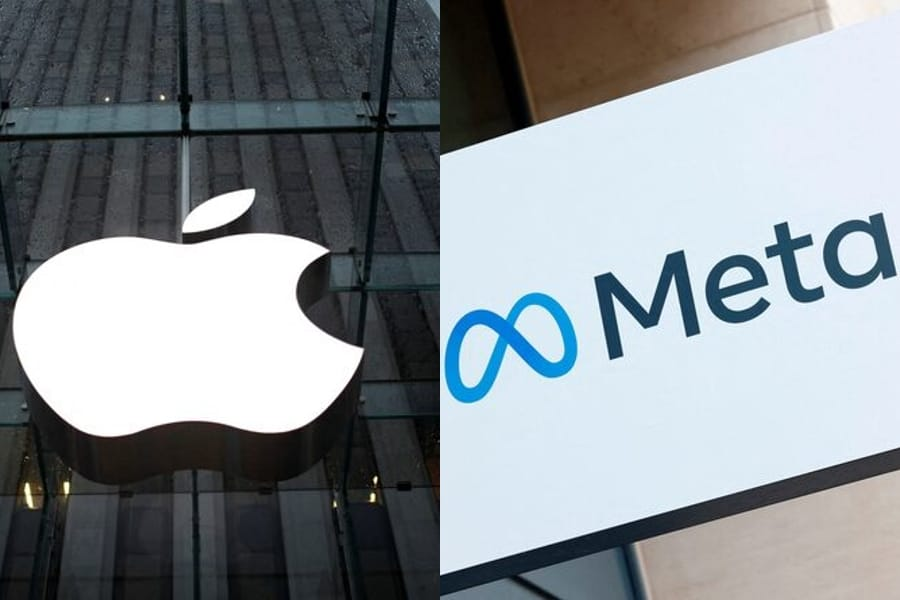Apple has issued a complaint about Meta regarding the DMA’s mandated interoperability requests. The iPhone maker says that Meta has issued 15 of these requests, which it says could impact the privacy and security of users. Meta disagrees.
First, a quick primer. The EU’s Digital Markets Act (DMA) requires that Apple allow rivals and third-party app developers to inter-operate with its own services or risk a steep fine, as much as ten percent of global turnover. Under the terms of the DMA, Apple must allow other companies to submit interoperability requests for hardware and software that affect iOS and iPadOS devices.
Apple must assess these requests and, if approved, have to design a solution to allow for effective interoperability. Meta has issued 15 of these requests, more than any other company, and Apple says that compliance would give the company extensive access to its technology stack. Apple also says that doing so could put the privacy and security of users at risk.
“If Apple were to have to grant all of these requests, Facebook, Instagram and WhatsApp could enable Meta to read on a user’s device all of their messages and emails, see every phone call they make or receive, track every app that they use, scan all of their photos, look at their files and calendar events, log all of their passwords and more.”
The company also referred to Meta’s recent privacy issues throughout Europe. Meta has been fined in various countries for data breaches and for tracking users across apps, among other concerns.
Meta, of course, has a different take on things. The social media and VR giant wrote that “what Apple is actually saying is they don’t believe in interoperability. Every time Apple is called out for its anticompetitive behavior, they defend themselves on privacy grounds that have no basis in reality.”
We don’t know if the EU will intervene on behalf of Apple or Meta in this case, but the European Commission recently published preliminary directions on how Apple should open up to rivals. These measures would require Apple to be transparent regarding the different phases, deadlines and criteria involving the completion of interoperability requests.
These proposed measures are open for debate until January 9. In March, a decision is expected as to whether or not Apple has complied with the DMA’s interoperability provision.



